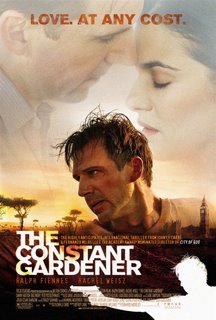Avian flu, the Africa version
And it is not just in the mainstream media: even academic researchers, public health policy-makers and bioethicists may find themselves locked into the same neo-colonial discourse. A couple years ago, the Danish anthropologist Quentin Gausset wrote in the journal Social Science and Medicine that that when a correlation is found between HIV and a traditional African practice (such as polygamy, circumcision, dry sex, and so on) the practice is regarded as a 'barrier' to be eradicated, whereas if there is a correlation between HIV and modern phenomena (sub-standard health clinics, sex workers, drug use) then talk about 'barriers' and 'eradication' fall away -- we talk instead about those things being made safer. This 'double discourse' seems to assume that African traditional practices are irrational, backward and, with the emergence of HIV, deadly liabilities.
In this light, perhaps we should keep a careful eye on how Avian flu in Africa -- having emerged in Nigeria earlier this month -- is being handed in the international media. So far, it seems to be getting a 'tinderbox' reading: the virus is bound to spread like wildfire on a continent that is already so messed up in so many ways (Of course, unless the cavalry from the North in the form of WHO and USAID step in to save the day.).
Hopefully this way of seeing things will be tempered by African perspectives on the virus. The prospect of a new untreatable, infectious and deadly virus may look different to Africans than it does to those who write for the international media. The majority of patients in Africa do not have access to treatment for AIDS, malaria and tuberculosis right now, so it is understandably difficult to get worked up about a virus that has claimed 200 total deaths worldwide. But complacency would be short-sighted, and there are already calls to mobilize the African media to help local communities protect themselves.




